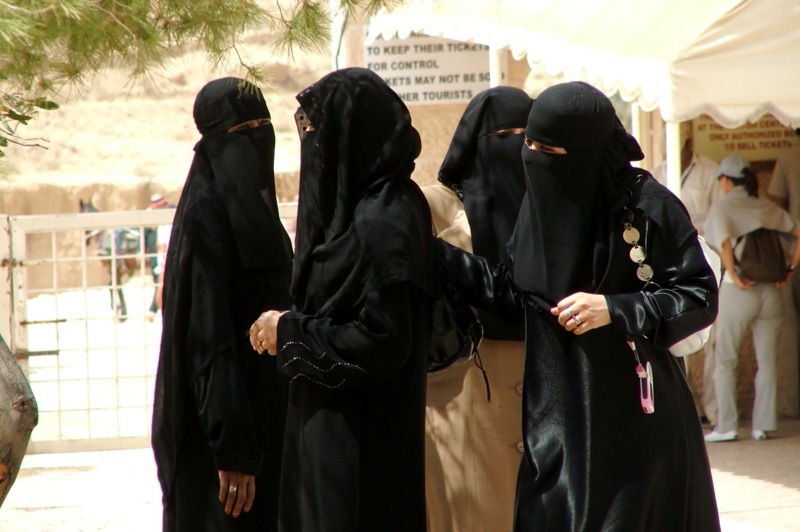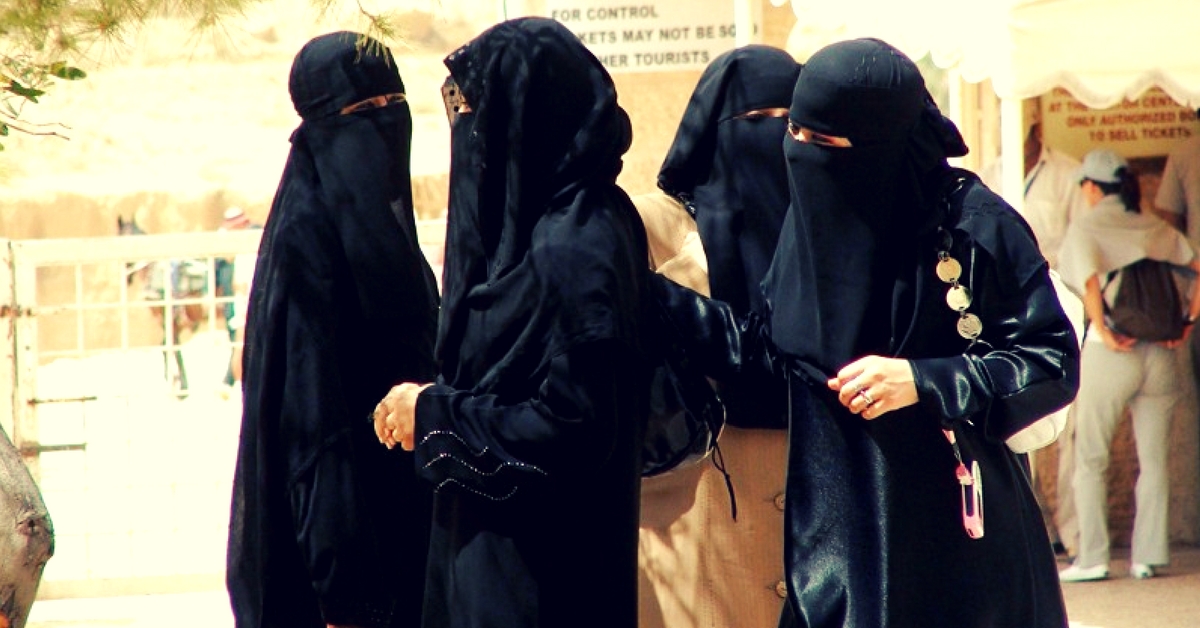“Talaq, talaq, talaq!” These three words still evoke fear and hopelessness among many Indian Muslim women.
This practice of any married man pronouncing instant divorce to his wife, without the intervention of a court or any other legal body, is frowned upon by many within the Muslim community and banned in more than 21 Muslim majority countries, including Pakistan. But, it is still prevalent in India. The unilateral ‘Triple Talaq’ allows Muslim men to instantly dissolve their marriages. Modern technology has made it even easier for men to pronounce talaq (divorce) on the phone, via text messages, on Skype, in emails, and even on WhatsApp!
The reasons for uttering these three words have often ranged from trivial, like not liking the wife’s cooking, to bizarre, like a distaste for her dyed hair.

Picture for representation only. Source: Flickr
The Supreme Court and the Central Government seem determined to bring an end to this practice. A welcome attempt has also come from village Naiamu in Muzaffarnagar, UP; the residents there have been crusading against the practice ever since a woman from the village was given the triple talaq in an overseas call. Asma Khatoon’s husband called her from Saudi Arabia, where he works as a driver, abused her on the phone and followed up the rant with the three dreaded words. Before she could ask why, the line went dead.
Asma’s case could have been one among many, but the village pradhan (head) of Naiamu raised support from not just his own villagers but also forty other leaders from neighbouring villages. “We have decided that we will not stand for Triple Talaq. The woman is not at fault. Is the woman’s role only to stay in purdah and bear children?” asked Mohammed Liaquat Tyagi, the pramukh (chief) of the Naiamu gram panchayat.
There are also victory stories of women who have pushed the boundaries on being subjected to Triple Talaq. Uzma Khan, a teacher in a junior college in Mumbai, was asked by her husband’s family to quit her job post-marriage. She was allegedly beaten on a regular basis by her parents-in-law and her husband, who finally gave her Triple Talaq. Uzma took her fight to the court and studied law. Today, she helps other women in distress.
An engineer from Ghaziabad, Raees Ahmed, is also providing legal aid to women who want to challenge these unilateral divorces. Ahmed’s younger sister was given a Triple Talaq within two years of her marriage. Ahmed and his family have challenged the divorce and are fighting the case in the Supreme Court. He mentions a case from his village in Aligarh where a man married three times again within the span of a year after divorcing two wives.
Medical officer Salman Farsi of Malegaon, Maharashtra, is busy attending to patients in need of urgent medical attention. But he spends his spare timetaking up cudgels against Triple Talaq by recording audio messages on Quranic teachings on the issue and spreading them using WhatsApp and other media. He says many people do not understand Quranic teachings, which are in Arabic. They depend on religious leaders for interpretation and are often misled.
Many men have also joined the campaign against Triple Talaq. As many as 225 Muslim men signed a petition in June this year expressing support for the Bhartiya Muslim Mahil Andolan (BMMA) and other Muslim organisations associated with the cause.
“There is no mention of the inhuman, unjust and anti-women instant talaq practice in the Quran. In fact, the Quran clearly stipulates an obligatory three-month period during which attempts must be made at reconciliation and mediation before severing of the marital bond,” the petition statement read.
Like this story? Or have something to share? Write to us: contact@thebetterindia.com, or connect with us on Facebook and Twitter.
NEW: Click here to get positive news on WhatsApp!
If you found our stories insightful, informative, or even just enjoyable, we invite you to consider making a voluntary payment to support the work we do at The Better India. Your contribution helps us continue producing quality content that educates, inspires, and drives positive change.
Choose one of the payment options below for your contribution-
By paying for the stories you value, you directly contribute to sustaining our efforts focused on making a difference in the world. Together, let's ensure that impactful stories continue to be told and shared, enriching lives and communities alike.
Thank you for your support. Here are some frequently asked questions you might find helpful to know why you are contributing?

